C# 六种精确计时方法详解
 发布于2025-05-17 阅读(0)
发布于2025-05-17 阅读(0)
扫一扫,手机访问
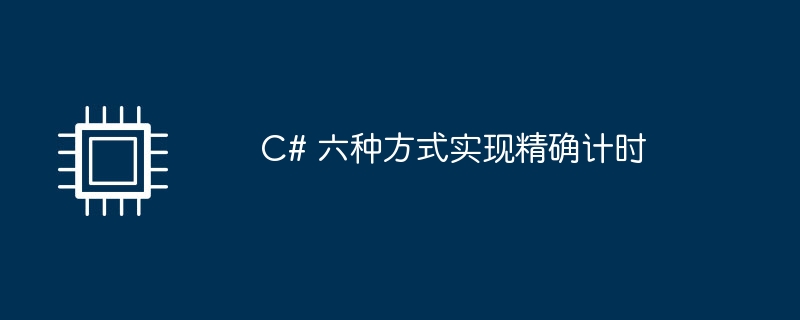
根据综合网上的多篇文章,实现精确计时的主要方法有以下几种:
- 调用WIN API中的GetTickCount函数:
[DllImport("kernel32")]static extern uint GetTickCount();此函数返回自操作系统启动以来经过的毫秒数,精度大约为1毫秒,但测试显示误差约为15毫秒。缺点是返回值为uint类型,最大值为2的32次方,因此在服务器连续运行约49天后,返回值会归零。
用法:
uint s1 = GetTickCount();Thread.Sleep(2719);Console.WriteLine(GetTickCount() - s1); //单位毫秒
- 调用WIN API中的timeGetTime函数,推荐使用:
[DllImport("winmm")]static extern uint timeGetTime();此函数常用于多媒体定时器,返回自操作系统启动以来经过的毫秒数,精度为1毫秒。默认精度可能超过1毫秒,需使用timeBeginPeriod和timeEndPeriod函数来设置精度。
[DllImport("winmm")]static extern void timeBeginPeriod(int t);[DllImport("winmm")]static extern void timeEndPeriod(int t);缺点与GetTickCount类似,受返回值最大位数限制。
用法:
timeBeginPeriod(1);uint start = timeGetTime();Thread.Sleep(2719);Console.WriteLine(timeGetTime() - start); //单位毫秒timeEndPeriod(1);
- 使用.NET自带的System.Environment.TickCount方法:
此方法返回自系统启动以来经过的毫秒数。经反编译猜测它可能调用了GetTickCount,但返回值类型为int。缺点与GetTickCount相同,受返回值最大位数限制。
用法:
int aa = System.Environment.TickCount;Thread.Sleep(2719);Console.WriteLine(System.Environment.TickCount - aa); //单位毫秒
注:测试发现,GetTickCount和System.Environment.TickCount也可以通过timeBeginPeriod和timeEndPeriod来设置精度,最高可达1毫秒。
- 调用WIN API中的QueryPerformanceCounter函数:
[DllImport("kernel32.dll ")]static extern bool QueryPerformanceCounter(ref long lpPerformanceCount);此函数用于获取高精度计时器的值,需与QueryPerformanceFrequency函数配合使用,后者返回硬件支持的高精度计数器频率。
[DllImport("kernel32")]static extern bool QueryPerformanceFrequency(ref long PerformanceFrequency);用法:
long a = 0;QueryPerformanceFrequency(ref a);long b = 0, c = 0;QueryPerformanceCounter(ref b);Thread.Sleep(2719);QueryPerformanceCounter(ref c);Console.WriteLine((c - b) / (decimal)a); //单位秒
精度可达百万分之一秒,且使用long类型避免了位数不足的问题。缺点是其结果在节能模式下可能变慢,超频模式下可能变快,且在笔记本电脑上使用电池和接电源时效果不同。
- 使用.NET的System.Diagnostics.Stopwatch类,推荐使用:
Stopwatch类通过计时器刻度计数来测量运行时间。如果硬件和操作系统支持高分辨率性能计数器,则使用QueryPerformanceCounter;否则,使用DateTime.Ticks来计算。
用法:
Stopwatch sw = new Stopwatch();sw.Start();Thread.Sleep(2719);sw.Stop();Console.WriteLine(sw.ElapsedTicks / (decimal)Stopwatch.Frequency);
- 使用CPU时间戳进行更高精度的计时:
此方法的精度可达纳秒(ns),但需要在C#中通过托管C++项目(包含汇编代码)来实现,较为复杂。
C++代码:
// MLTimerDot.h #pragma once using namespace System; namespace MLTimerDot { //得到计算机启动到现在的时钟周期 unsigned __int64 GetCycleCount(void) { _asm _emit 0x0F _asm _emit 0x31 } //声明 .NET 类 public __gc class MLTimer { public: MLTimer(void) { } //计算时钟周期 UInt64 GetCount(void) { return GetCycleCount(); } };}C#调用:
long a = 0;QueryPerformanceFrequency(ref a); MLTimerDot.MLTimer timer = new MLTimerDot.MLTimer();ulong ss= timer.GetCount();Thread.Sleep(2719);Console.WriteLine((timer.GetCount() - ss) / (decimal)a);
缺点与QueryPerformanceCounter类似,结果不太稳定。
我的结论:在常规应用中,timeGetTime函数足以满足需求,将精度设置为1毫秒即可。System.Diagnostics.Stopwatch类因其调用方便,也推荐使用。
下一篇:比特币交易App排行:前十名推荐
产品推荐
-

售后无忧
立即购买>- DAEMON Tools Lite 10【序列号终身授权 + 中文版 + Win】
-
¥150.00
office旗舰店
-

售后无忧
立即购买>- DAEMON Tools Ultra 5【序列号终身授权 + 中文版 + Win】
-
¥198.00
office旗舰店
-

售后无忧
立即购买>- DAEMON Tools Pro 8【序列号终身授权 + 中文版 + Win】
-
¥189.00
office旗舰店
-

售后无忧
立即购买>- CorelDRAW X8 简体中文【标准版 + Win】
-
¥1788.00
office旗舰店
-
 正版软件
正版软件
- PAC会取代PLC?揭秘PAC与PLC的较量
- 1、什么是PAC?PAC控制系统的起源可以追溯到可编程逻辑控制器(PLC)和个人计算机(PC)的发展历史。在20世纪70年代和80年代,PLC作为工业自动化领域的核心控制器开始崭露头角。PLC最初设计的目的是替代硬接线的继电器逻辑控制系统,它采用可编程的存储器来存储控制逻辑,使得用户可以通过编程灵活地改变控制逻辑,而不需要进行复杂的硬件更改。这一特点使得PLC在工业控制领域得到了广泛的应用。然而,随着工业自动化需求的不断增加和技术的不断进步,PLC的功能和性能也逐渐得到了提升。在20世纪90年代,随着个人
- 4小时前 20:24 自动化 0
-
 正版软件
正版软件
-
 正版软件
正版软件
- 地平线SuperDrive首发三大黑科技,决胜智能化竞争下半场
- 地平线智驾科技畅想日及SuperDrive智驾体验活动回顾:2025高阶智驾时代来临1月13日,地平线在上海举办“BeyondtheHorizon地平线智驾科技畅想日”,回顾了其在软硬结合技术领域的量产创新成果,并展望了2025年高阶智能驾驶的爆发。同期,“SuperDrive智驾百人团体验活动”也在上海静安区展开,首次发布三大智驾黑科技,树立了拟人化、高效易用的智驾体验新标杆。实力铸就智驾领先地位地平线创始人兼CEO余凯博士在畅想日发表演讲,回顾了公司九年的发展历程,并表示2024年成功赴港IPO标志着
- 7小时前 18:00 硬件资讯 Hi科技 5G IOT 消费电子 人工智能AI 手机数码 新能源汽车 自动驾驶汽车 智能家居 电脑影音 智车科技 地平线 0
-
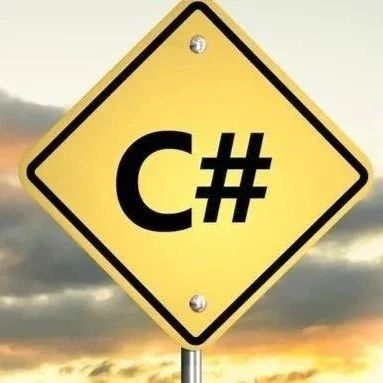 正版软件
正版软件
- C# 六种精确计时方法详解
- 根据综合网上的多篇文章,实现精确计时的主要方法有以下几种:调用WINAPI中的GetTickCount函数:[DllImport("kernel32")]staticexternuintGetTickCount();此函数返回自操作系统启动以来经过的毫秒数,精度大约为1毫秒,但测试显示误差约为15毫秒。缺点是返回值为uint类型,最大值为2的32次方,因此在服务器连续运行约49天后,返回值会归零。用法:uints1=GetTickCount();Thread.Sleep(2719);Cons
- 8小时前 17:04 C# 0
-
 正版软件
正版软件
- 从刷脸到刷掌支付,3D视觉公司的新机遇
- 随着支付方式的不断演进,从刷脸支付到刷掌支付的转变,为3D视觉公司带来了新的机遇。以下是详细的伪原创文章,保持了原意和图片的原始位置和格式:对3D视觉公司来说,与巨头合作是实现技术商业化的关键途径。作者|秀松编辑|南书近年来,刷脸支付逐渐成为常态。无论是在商超、便利店等商业场所,还是在个人线上支付,只需对准人脸轻扫一下,即可完成支付,极大简化了支付过程。支付方式的这一转变,源于技术和市场的双重驱动。在技术方面,以3D视觉为核心的AI技术日益成熟,并被应用于金融支付领域;而在市场方面,消费电子产品的
- 9小时前 16:00 科技 0
最新发布
-
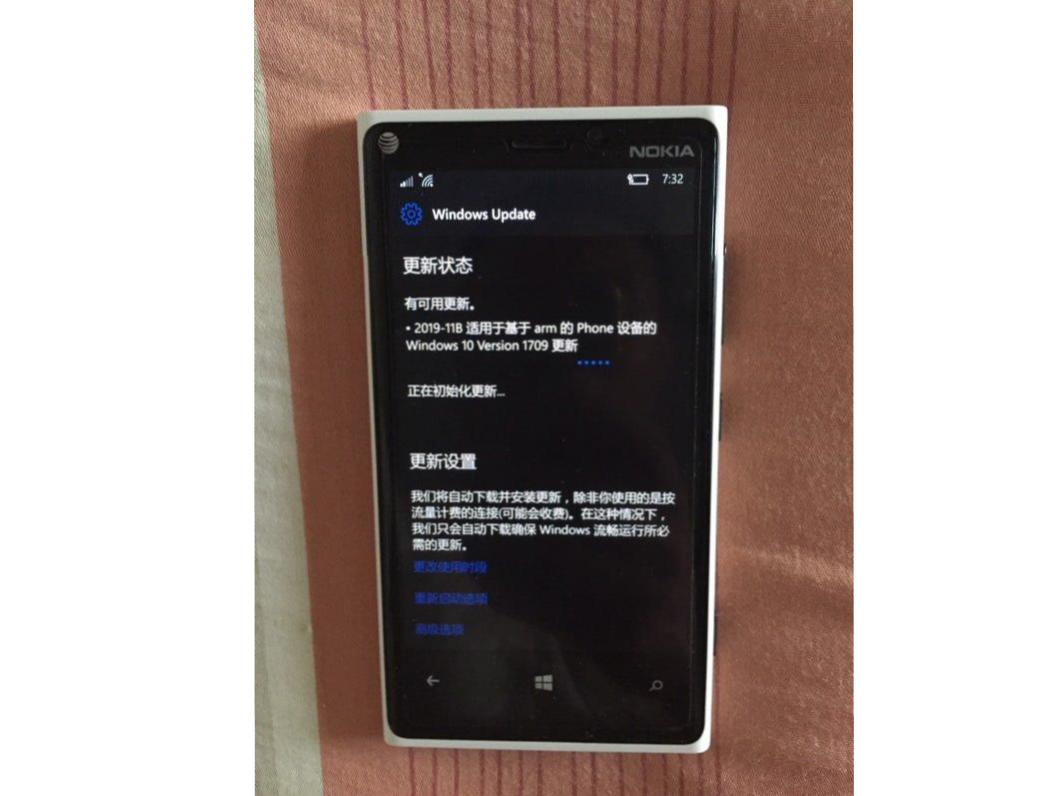 1
1
-
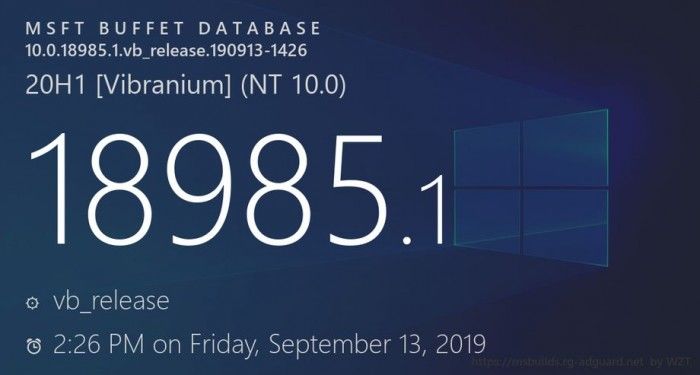 2
2
-
 3
3
- 华为GT4和Watch4,哪个更好?
- 485天前
-
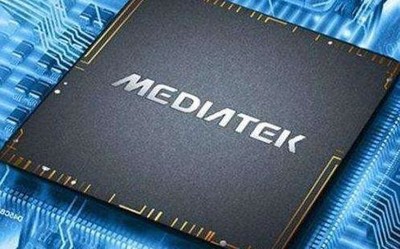 4
4
- 三星“约谈”联发科 A系列智能手机有望搭载其5G芯片
- 1979天前
-
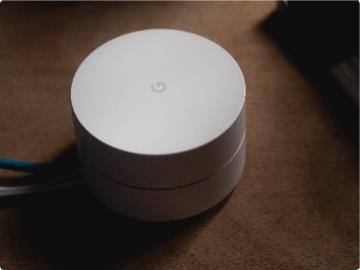 5
5
- 除了能多卖钱,Mesh网络好在哪
- 1990天前
-
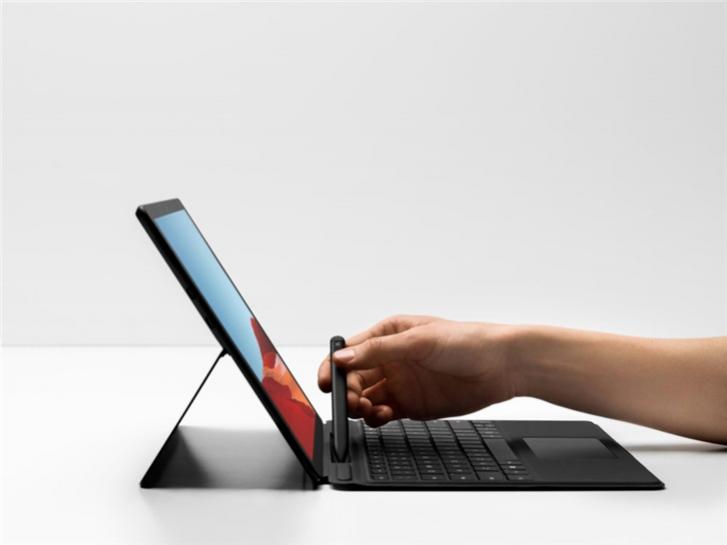 6
6
-
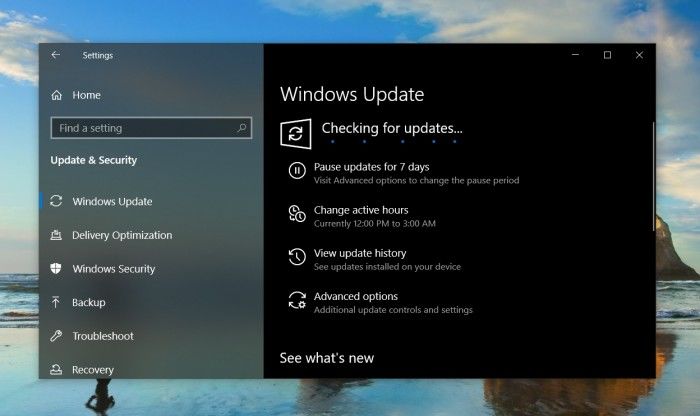 7
7
-
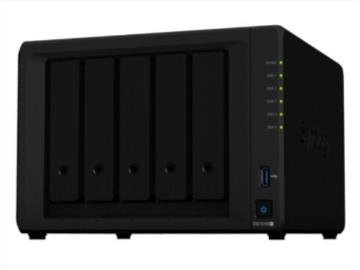 8
8
- 令硬盘速度翻倍还更安全:Raid到底是啥?
- 1990天前
-
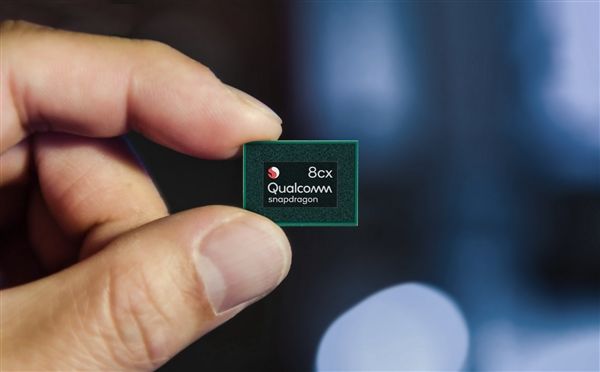 9
9
相关推荐
热门关注
-
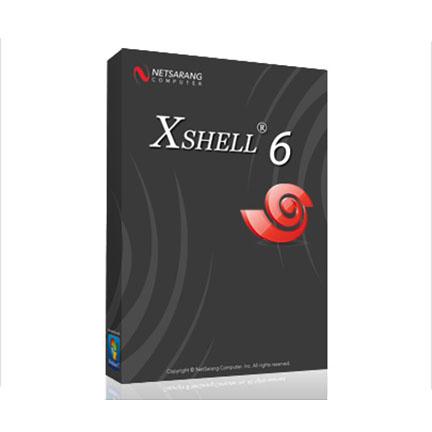
- Xshell 6 简体中文
- ¥899.00-¥1149.00
-

- DaVinci Resolve Studio 16 简体中文
- ¥2550.00-¥2550.00
-

- Camtasia 2019 简体中文
- ¥689.00-¥689.00
-

- Luminar 3 简体中文
- ¥288.00-¥288.00
-

- Apowersoft 录屏王 简体中文
- ¥129.00-¥339.00